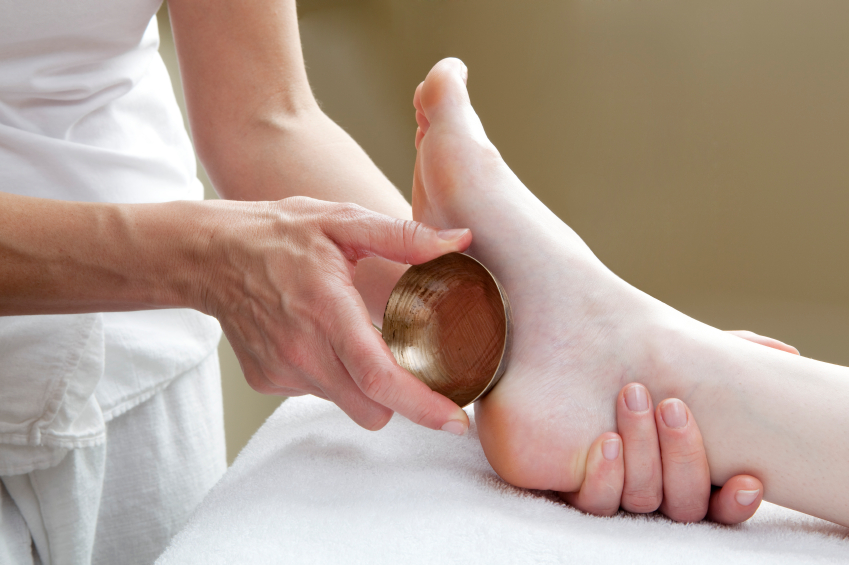Ayurveda Treatment for Peripheral Neuropathy

Peripheral neuropathy is a condition that affects the nerves outside the brain and spinal cord. These peripheral nerves send messages from the brain to the rest of the body. When they are damaged, it can cause symptoms like tingling, numbness, weakness, and pain, especially in the hands and feet. This can result from various causes, including diabetes, infections, injuries, and exposure to toxins.
A Journey to Healing with Ayurveda
Ravi, a 45-year-old teacher, had been struggling with peripheral neuropathy for years. The constant tingling, numbness, and sharp pains in his hands and feet were making daily tasks difficult and affecting his quality of life. Frustrated with conventional treatments that offered little relief, Ravi turned to Ayurveda, hoping for a holistic approach to his condition.
Ravi’s first step was visiting an experienced Ayurvedic practitioner, who explained that peripheral neuropathy could be managed by balancing his doshas—Vata, Pitta, and Kapha. The practitioner emphasized that Ravi’s symptoms were primarily due to an aggravated Vata dosha, which affects the nervous system.
Peripheral neuropathy can be a challenging condition, but with the holistic approach of Ayurveda, it is possible to manage and improve symptoms. Through diet, herbal remedies, therapies, and lifestyle changes, individuals like Ravi can find relief and regain their quality of life. Ayurveda's personalized and natural treatments offer hope and healing for those seeking an alternative to conventional medicine.
The Ayurvedic Approach
1.Diet and Lifestyle Changes
Ravi was advised to follow a Vata-pacifying diet. This included warm, cooked foods like soups, stews, and root vegetables. He avoided cold, raw foods and stimulants like caffeine.
He incorporated healthy fats like ghee and sesame oil into his meals to nourish his nerves.
Daily routines (dinacharya) were introduced, ensuring regularity in his eating, sleeping, and exercise habits.
2.Herbal Remedies
Ravi began taking Ashwagandha and Shatavari, two potent adaptogenic herbs known to support nerve health and reduce inflammation.
Triphala was included to help with detoxification and improve digestion, which is crucial for overall health.
3.Therapies and Treatments
Abhyanga (oil massage) with medicated oils like Mahanarayan oil was a regular part of Ravi’s routine. This helped in soothing the nerves and improving circulation.
Panchakarma, a series of detoxifying treatments, was suggested. Ravi underwent Virechana (purgation therapy) to cleanse his system of toxins.
Basti (medicated enema) was also recommended to balance Vata and support nerve function.
4.Yoga and Meditation
To calm his mind and reduce stress, Ravi practiced yoga and meditation daily. Poses like Vajrasana and Shavasana were particularly helpful.
Pranayama (breathing exercises) helped him maintain a balanced state of mind and body.




The Transformation
Over the next few months, Ravi noticed significant improvements. The tingling and numbness gradually diminished, and the sharp pains became less frequent. He felt more energetic and could focus better on his teaching. The holistic approach of Ayurveda not only alleviate his symptoms but also improved his overall well-being.
Ravi’s story is a testament to the power of Ayurveda in managing chronic conditions like peripheral neuropathy. By addressing the root cause and promoting balance, Ayurveda offers a path to healing and improved quality of life.
Post Tags :
Share Post :
